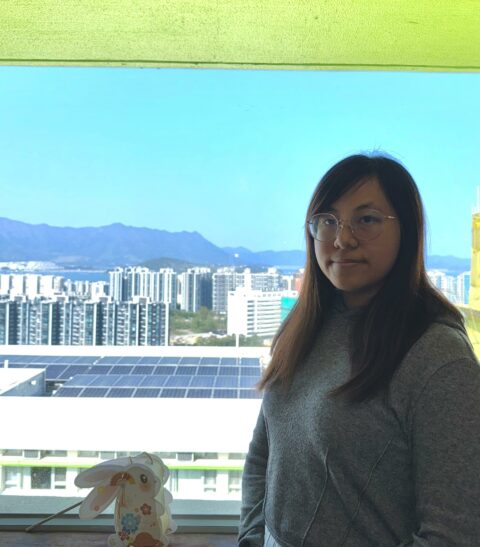
TSE Wing Yan Arius
2024-25 Term 1
Facework and Conflict Management: A Qualitative Study of Pakistani Students’ Groupwork Experience in Hong Kong’s Higher Education
Supervisor:
Abstract
Student-to-student level intercultural conflict is a major part in higher education that involves face, power, and intercultural competence, especially for ethnic minorities. This study explores the intricacies behind Pakistani students’ conflict negotiation strategies in Hong Kong’s higher education groupwork experience. By using in-depth interviews and combining Ting-Toomey’s Face Negotiation Theory and Holliday’s notion of Small Culture as tools for qualitative interpretation, this study first examines Pakistani students’ facework and conflict management style, compare for possible style variations with member’s cultural or linguistic background, and provide insights for their underlying motivations using their narratives. Findings have shown that Pakistani students use different types of conflict management style and have different face concern that may or may not differ based on group member’s cultural background, but surprisingly may differ depending on Pakistani group member’s gender. The underlying motivations are ingroup-outgroup categorizations, their reactance against ethnic marginalization and reciprocity towards their group members’ behavior, which affects their conflict experience both behaviorally and cognitively. This study provides a more comprehensive understanding of Pakistani students’ conflict negotiation situation in relation to self- and other-face, power imbalance, and majority group’s inclusion, calling for more awareness for intercultural competence in groupwork situations.
Reflection
This study is the culmination of what I have learnt from my previous courses. The course Language and Intercultural Communication has informed me of the need to address implicit intercultural issues in higher education, and has also taught me important concepts used in this project. Meanwhile, the Oxford Summer Programme gave me first-hand experience in conducting interviews and doing qualitative analysis, whereas the Methods course informed me of the basic principles in doing a research, the key elements in drafting interview questions, and the ways to code and analyze data. I have the fortune to be supervised by the instructors in these courses: my supervisor Dr. Tongle Sun and co-supervisor Prof. Wilkinson Daniel Wong Gonzales. I would like to use this opportunity to thank both of them; without your support and guidance in the courses and during my capstone project, this project would not have been successful.






